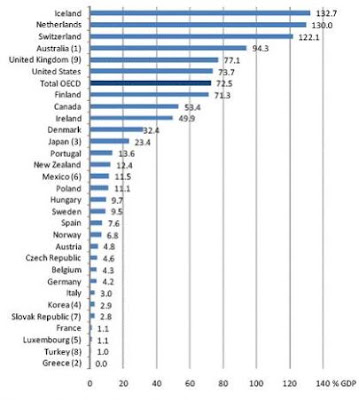- There was a 9.0% drop in the value of BC origin exports in the first quarter of 2009 compared to the same period a year ago. Reduced exports of forest products, metallic mineral products and machinery and equipment were mainly responsible for the drop.
- The forest sector continues to struggle as exports of both solid wood (-23.4%) and pulp and paper (-26.0%) plunged in the first quarter. Exports of softwood lumber, which has traditionally been BC’s top export, have fallen 24.2% over the first three months of 2009, compared to the first quarter of 2008, and trail shipments of both coal and natural gas.
- The value of coal exports soared 81.1% in the first quarter, solely due to higher prices, as volumes shipped have actually dropped 39.3%. The global financial crisis has resulted in a significant reduction in the demand for coal and it is expected that new contract prices will drop substantially. As a result, this strong growth in the value of coal exports will likely be short-lived. Elsewhere in the energy sector, falling prices have driven the value of natural gas exports down 18.1%, despite a 5.5% increase in the quantity of gas shipped. Exports of electricity have also declined, slumping 21.9%.
- The value of metallic mineral exports fell 26.0% in the first quarter, despite a 1.8% rise in shipments of copper ores and concentrates, BC’s most significant metallic mineral export. Exports of molybdenum ores and concentrates (-48.7%) and unwrought zinc exports (-51.3%) are both well down from last year.
- Among the few bright spots in BC’s export picture were increases in shipments of agriculture and food products (+10.1%) and fish (+14.4%).
- Exports to most of BC’s major trading partners in Asia bucked the overall trend. Shipments to Mainland China (+26.5%), Hong Kong (+21.6%), Taiwan (+3.8%), Japan (+10.4%) and South Korea (+37.0%) all climbed.
- The last time BC had a trade surplus was 20 years ago, in 1988. Over the next 15 years, the deficit was fairly stable at between about $4 billion and $8 billion; however, over the last five years, the deficit has ballooned, tripling from 2003 to 2008. International trade in goods is the component driving most of this rise in the trade deficit. By 2008, the province had a trade deficit with other countries of $25 billion.
BC's export is shrinking faster than the import which is why the structual deficit had a spike recently. BC has run trade surplus with countries include the United States, the United Kingdom and most advanced economies. It has run trade deficit with China, Mexico and less developed countries. This structure means that BC's trade position will continue to deteoriate in the near future.
BC has been living a life beyond its means for a long time. The economy needs to be significantly diversified to cousion the global economic crisis.

